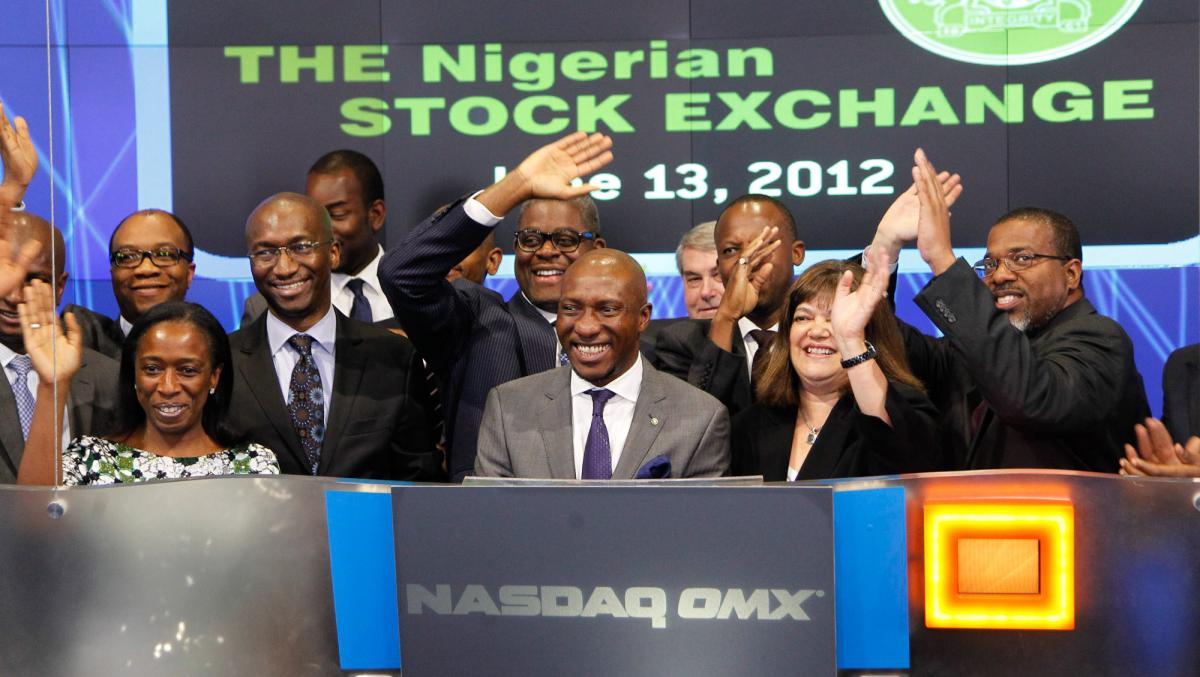There are no products in your shopping cart.
| 0 Items | £0.00 |


NIGERIA'S growing insecurity is having a dire effect on the country's economy as foreign investors have withdrawn N1.64trn ($4.26bn) of portfolio investments over the last three years in response to the crisis according to the Nigerian Stock Exchange.
Since 2015 when President Muhammadu Buhari assumed office, insecurity has been on the rise, with terrorism, banditry, kidnapping, rape, armed robbery and all forms of other violent crimes now a daily occurrence. Totally overwhelmed by the situation, Nigeria's security forces are regularly out-gunned by terrorist groups like Boko Haram and the Islamic State in West Africa Province, as well as well-armed Fulani cattle herdsmen.
Latest data from the Nigerian Exchange Limited showed that foreign investors withdrew N30.79bn in January, N39.05bn in February and N20.28bn in March 2021 in response to the crisis. Domestic investors pulled out N86.35bn in January, N69.28bn in February and N93.31bn in March, continuing a trend that has seem them gradually withdraw from the Nigerian market since 2018.
In 2018, N642.65bn worth of foreign portfolio investment was withdrawn from the Nigerian economy, while in 2019 and 2020, the sums of N523.42bn and N481.93bn were pulled out. This huge outflow of capital has led to concerns about impact on the economy, as operators predict the precarious state of the stock market could worsen if factors impeding the nation’s economic growth were not tackled soon.
Operators said that given the increasing level of insecurity, kidnapping, recurrent farmers-herders clashes, unemployment, a weak naira, low gross domestic product growth, rising inflation and dwindling revenue, the Nigerian government has to evolve new strategies to stop investment outflows. Fund managers, pension fund administrators and other investment companies are withdrawing their funds from the stock market and putting this cash into fixed income markets to ensure guaranteed investment return and avoid the erosion of capital.
Nigeria is currently ranked as the number 147th peaceful nation globally according to the Global Peace Index report released in November 2020. This makes Nigeria the third most terrorised country in the world for the second year running after Afghanistan and Iraq.
Victor Chiazor, the head of FSL Securities, noted that fears around investments had become visible in the equity space. He said activities in January and February 2021 have shown significant increase in foreign investment outflows while domestic investments have dominated activities in the market.
Mr Chiazor said: “Despite investment opportunities in the Nigerian equity market, given the relatively low prices of stocks, 2020 saw a total foreign outflow of N481.93bn against an inflow of N247.27bn, while the month of February 2021 saw foreign outflow of N39bn from the equities market compared to an inflow of N23bn.”
He insisted that if the investment climate did not change in relation to the government’s monetary and fiscal policies as well as improvement in economic conditions, investments inflow into the country might eventually dry up. David Adonri, the vice president of Highcap Securities, added that the primary market for equities, which is tied to the fundamentals of the economy, has been comatose since 2015, while capital formation is paltry due to weak macroeconomic fundamentals of the economy.